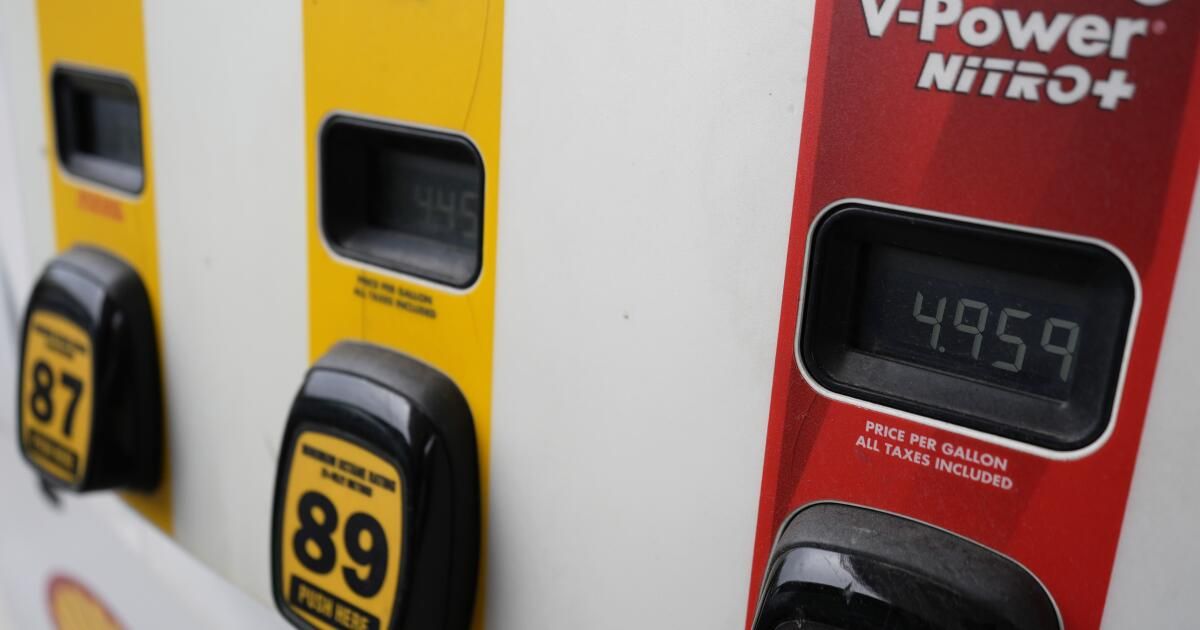To the editor: It won’t be government mandates that destroy the fossil fuel industry, but economics and convenience. (“Trump and the oil companies are lying to you about electric cars to serve their own interests,” editorial, July 23)
In the United States alone, we pay $820 billion a year in direct and indirect health costs from fossil fuel use — about $2,500 for every American. Every year. That doesn’t include environmental costs from extreme weather events, crop failures, climate-induced migration and political destabilization, wildfires, species loss, or sea level rise, warming, and acidification.
My Hyundai Kona electric vehicle hasn't been to a gas station in five years and doesn't need any oil changes or tune-ups. It takes me about 10 seconds several times a week to plug in the home charger. Once we have more public charging stations, charging will add about 45 minutes to my occasional road trips to San Francisco or Sacramento.
Tom Hazellef, Seal Beach
..
To the editor: Sowing confusion and taking advantage of our anxieties is a trend that continues, judging by the Times editorial on electric cars.
In California, you can see how a simple government regulation on emissions standards can turn into a de facto ban, followed by a national ban. A perfect example, courtesy of the California Air Resources Board, is the gas can we grew up with, manufactured for generations and that everyone, even those with physical disabilities, can use to refill their tank without spilling.
That's not the case anymore. The federal government adopted the California rule in 2009, banning traditional gas cans nationwide. This eliminated a consumer option that is harmful to the environment.
Rinse and repeat, but now for cars.
Consumers have spoken: Electric vehicle sales are declining in California. They are prohibitively expensive for low-income people, and drivers are burdened by inadequate charging infrastructure, especially in minority communities.
Consumers deserve a choice, not an obligation.
Matthew Gonzales, Santa Fe, New Mexico
The author is executive director of the Southwest Consumer Energy Alliance, an oil and gas advocacy group.












